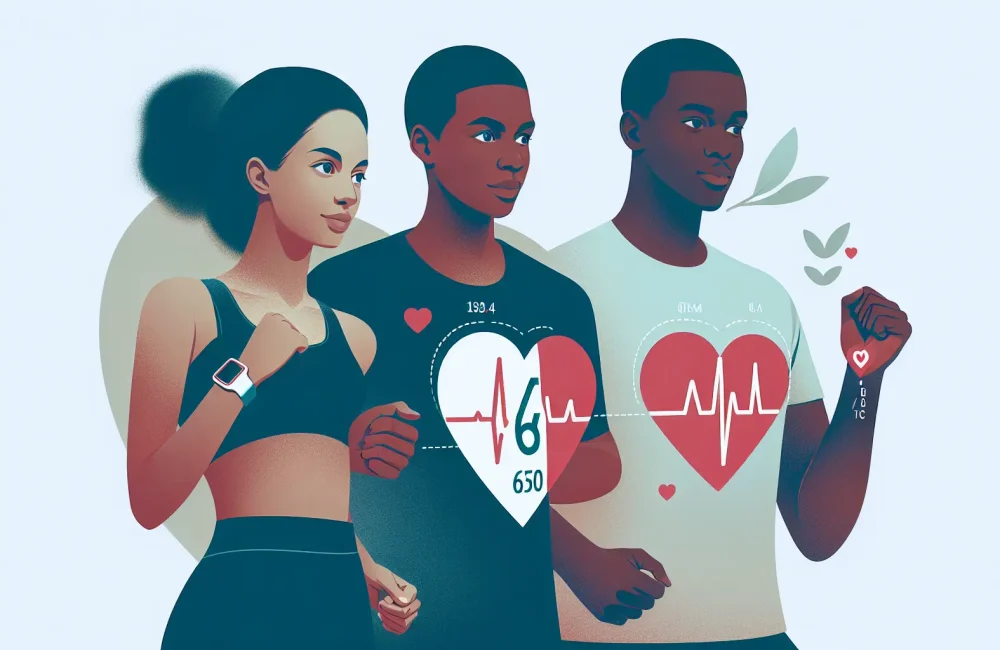By CAFMI From Journal of Medical Internet Research (Open Access)
Impact on Body Composition and Fitness
A recent randomized controlled trial examined the effects of a 10-week walking program using mobile step-tracking apps on adolescents who are overweight or obese. This study included two groups: one group used the mobile apps to monitor and motivate their walking activity, while the control group received standard advice without technology support. The findings revealed meaningful improvements in body composition for the intervention group, including reductions in body fat percentage and stabilization or slight decrease in body mass index. Fitness measures, specifically aerobic capacity and muscular endurance, also improved significantly in those using the apps compared to controls. These results indicate that mobile step-tracking apps can be a practical tool to help young patients improve key physical health parameters.
Psychological Benefits of Tech-Based Activity
Beyond physical health, the study highlighted notable positive changes in psychological well-being among adolescents using step-tracking apps. Participants reported higher self-esteem and experienced reduced symptoms of depression and anxiety over the course of the 10-week intervention. This suggests that integrating technology into physical activity programs not only fosters better fitness but can also play an important role in supporting mental health in this vulnerable population. Encouraging physical activity through engaging, user-friendly mobile apps may help address psychological challenges often associated with overweight and obesity in youth.
Clinical Implications for Primary Care
For primary care physicians managing adolescent patients with overweight or obesity, these findings offer valuable insights. Incorporating mobile step-tracking apps into lifestyle counseling can enhance patient engagement and provide measurable benefits in physical and psychological health. The ease of use and accessibility of these apps make them a feasible adjunct to traditional physical activity advice. Clinicians should consider recommending step-tracking technology as part of individualized weight management plans, promoting incremental increases in daily walking to achieve improved health outcomes. These interventions can empower adolescents to take an active role in their health, potentially leading to better long-term adherence and overall well-being.
Read The Original Publication Here






